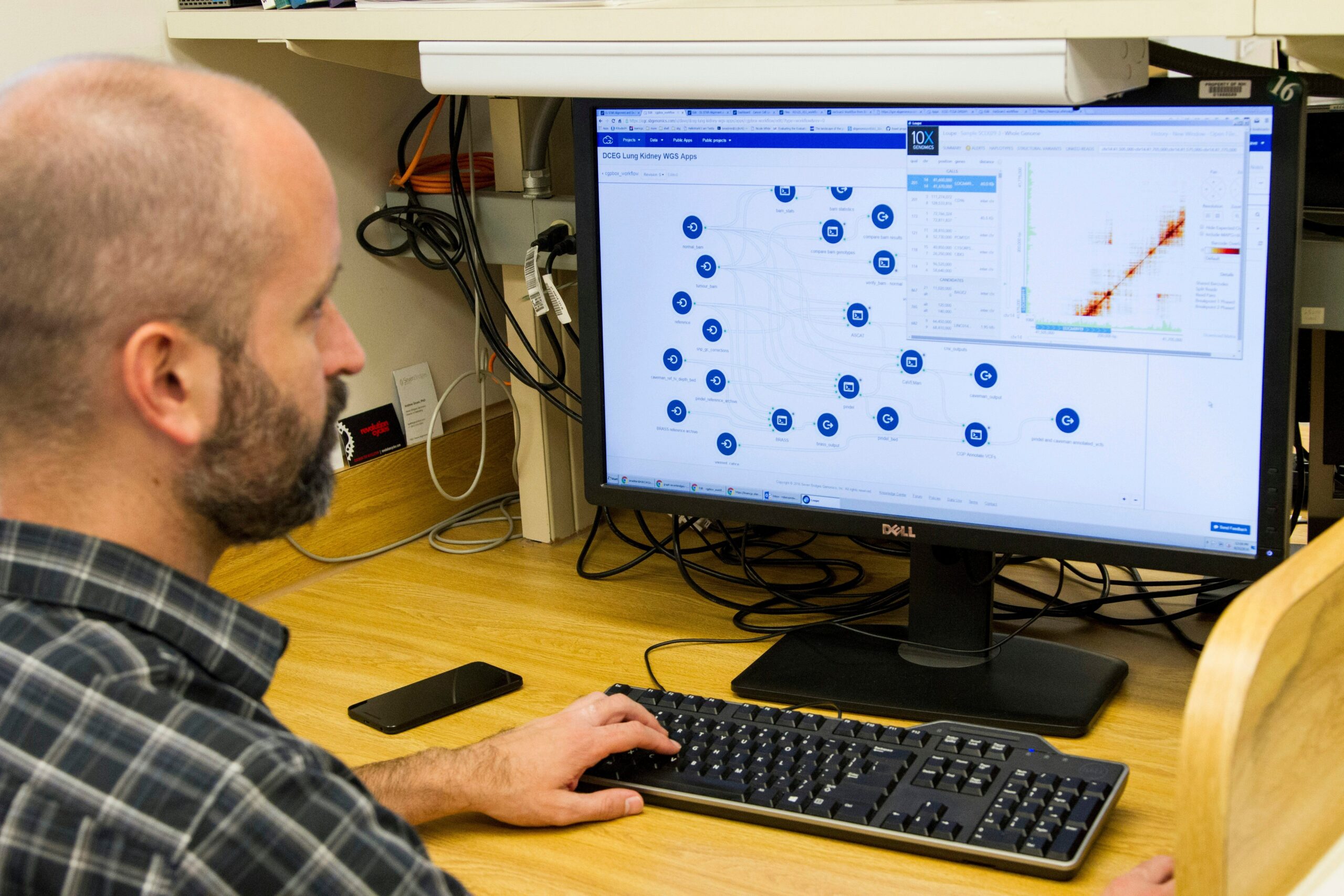
This November, as part of Lung Cancer Awareness Month, Cancer Council WA is urging Western Australians to be vigilant about the symptoms of lung cancer and to take immediate action if they notice any unusual changes in their bodies. The initiative aims to enhance early detection and improve outcomes for those affected by this serious disease.
Key symptoms to watch for include coughing up or spitting up blood, persistent pain in the chest or shoulder lasting more than four weeks, repeated chest infections, a new or changing cough, changes to the voice such as a croaky sound, shortness of breath, unexplained weight loss, loss of appetite, and prolonged tiredness or low energy levels.
Understanding the Importance of Early Action
Experiencing these symptoms does not necessarily mean a person has cancer. However, early investigation is crucial to rule out serious illness and enhance treatment effectiveness if cancer is detected. Acting promptly can make a significant difference in outcomes, and it is equally important to encourage family members and friends who may be experiencing these warning signs to seek medical advice.
In 2021, lung cancer impacted 1,152 individuals in Western Australia, leading to 811 deaths. These figures underscore the importance of awareness and early intervention.
Screening and Risk Factors
The National Lung Cancer Screening Program, set to launch in July 2025, aims to improve early detection among individuals with a history of smoking. However, it remains vital for everyone, regardless of screening eligibility, to consult their doctor if any symptoms develop. While approximately 80 percent of lung cancers in Australia are attributed to smoking, the disease can also affect non-smokers.
Other contributing factors include exposure to occupational carcinogens such as welding fumes, silica dust, and diesel exhaust. Individuals with a family history of lung cancer or a previous lung condition may also face an increased risk.
Expert Opinions and Broader Implications
Dr. Emily Carter, a leading oncologist, emphasizes the importance of public awareness campaigns.
“Early detection is the cornerstone of improving survival rates in lung cancer. Public education can empower individuals to seek medical advice sooner, potentially saving lives,”
she notes.
Meanwhile, healthcare professionals advocate for broader access to screening and support services. The upcoming screening program is a step in the right direction, but experts stress the need for comprehensive strategies that include education, prevention, and support for those affected.
Looking Forward: Support and Resources
For those seeking more information or support, Cancer Council WA offers resources and guidance. Their efforts are part of a larger movement to combat lung cancer through awareness, early detection, and research.
As Lung Cancer Awareness Month continues, the message is clear: listen to your lungs, know the symptoms, and take action. Early detection can make all the difference, and a simple conversation could be the key to saving a life.





